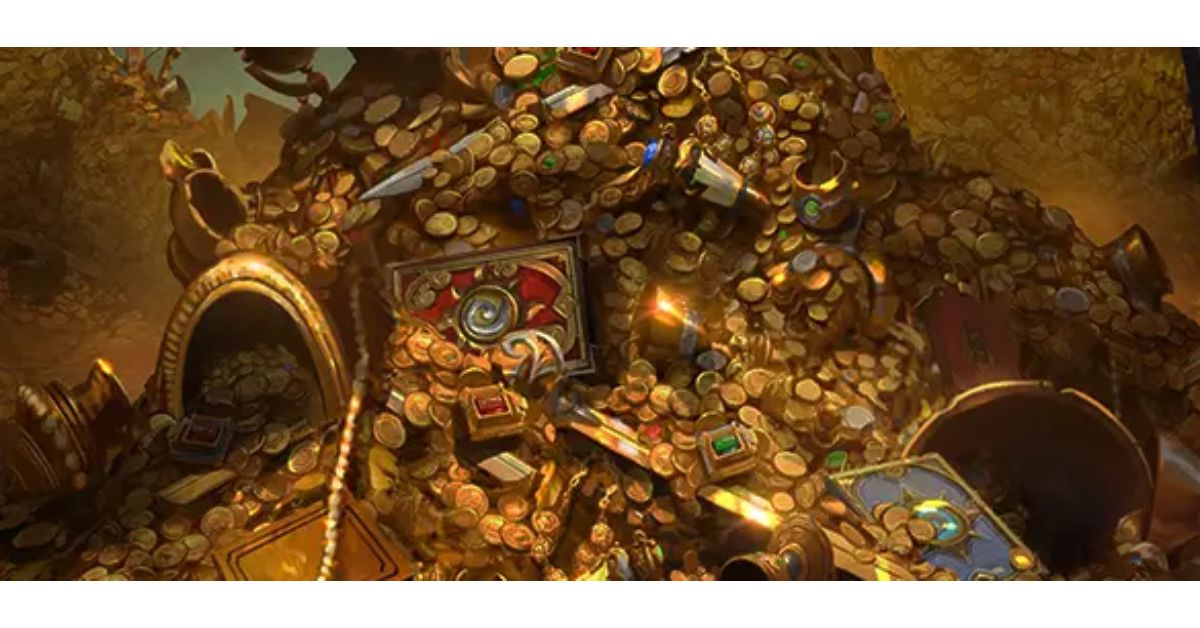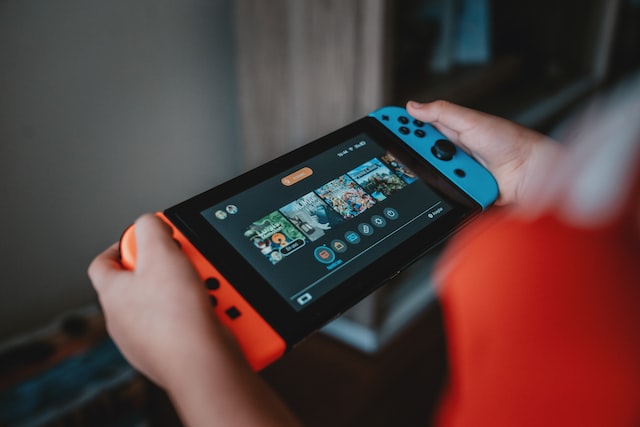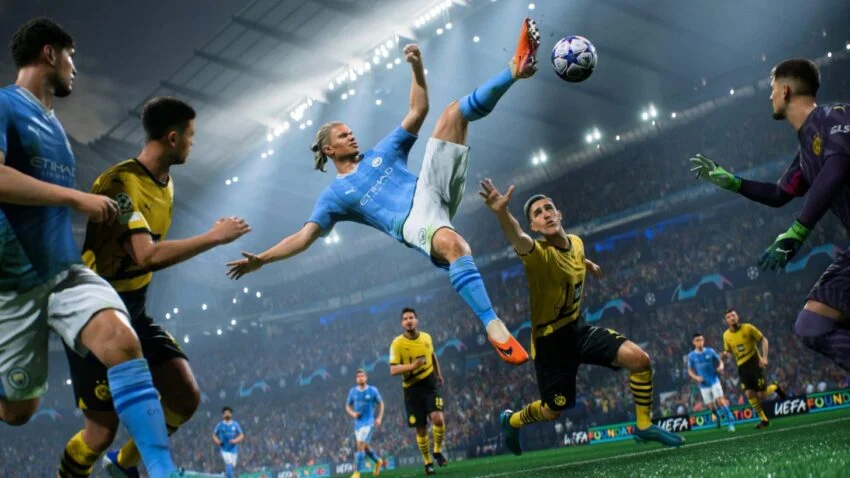A game designer is a game director: he invents, designs, launches, and promotes the game. If you are a fan of computer games and would like to combine creativity and management in your work, this profession is for you! Let’s find out how to become a game designer and what knowledge and skills you need.
Table of Contents
What does a computer game designer do?
A game designer creates and launches games. Most of his time is spent on design and usability, but he is also involved in all stages of game development, from idea and concept to final release and post-production. A game designer’s main task is to design the user experience.
Another important task of this specialist is developing the game concept: story, balance, graphics, characters, interaction mechanics, setting, and gameplay. A game designer decides in what genre the game will be – RPG, quest, shooter, or strategy. He also makes sure that the game is released in time and of high quality – he sets tasks for developers, controls the execution, and evaluates the results. So, a game designer is a full-fledged manager, a designer, and a product manager all in one.
What you should know to become a Game Designer
A game designer is an interdisciplinary profession requiring knowledge and skills in many areas. Here’s what you need to master and pump up to become a successful professional.
Material part
A game designer is always a gamer and never the other way around. But an advanced gamer is not only a gamer – he understands all the “insides”: genres, mechanics, platforms, peculiarities of building game worlds, production basics, narrative design, and storytelling.
Game Engines
Game engines greatly simplify the development process – they contain templates for game logic, visual scene editor, and game environment design tools. The basics are there – take it and add to it. The most popular ones are Unity and Unreal Engine 4.
Programming Languages
Often the game designer works in collaboration with the programmer, so you do not need to write the code yourself. Nevertheless, it won’t hurt to master some programming languages. That’s why:
- The game designer must understand why this particular programming language was chosen for development, its speed, and whether it will be easy to maintain.
- The game designer should be able to self-correct the code if necessary. The game designer develops a design document, from which the programmer should be very clear about what code to write. Without knowing the peculiarities of languages, this cannot be explained.
Game interfaces
The interface is everything the player sees and interacts with during the game. A game designer creates the user experience, so he needs to understand how interfaces are created – where the user and the game meet. And to be able to develop a prototype interface and test it quickly.
Here’s what you should learn:
- Types and types of interfaces;
- The structure and main functional parts of the interface;
- the functionality of the screens;
- Ways to implement interfaces into the game engine;
- Prototyping tools: DoozyUI, XNA FrameWork, GameMaker, and TorqueGameBuilder.
Programs for 3D modeling
These days almost no game is made without 3D graphics. Even if a game designer does not create it himself, he must clearly explain to the 3D modeler what is required. To do this, you need to understand the software for 3D modeling and use them. 3D editors can be free – Blender and paid – ZBrush, 3ds Max, etc.
Mathematics
All actions in games are implemented through mathematical calculations – from throwing projectiles to movements and jumps. Therefore, a specialist needs to know basic-level math and be familiar with the basic terms and formulas.
Business basics
A game designer is a game manager, so he often solves business problems: he thinks over ways of monetization, negotiates with investors, manages advertising campaigns, and analyzes sales after the release.
Soft Skills
A game designer is the manager and manager of the entire project. That is why being organized, punctual, able to plan, multitask, work in a team and establish communication between project members are necessary “flexible” skills. A well-developed taste in art also comes in handy.
Where to start
Here’s what you can do to get you off to a faster start in game design:
- Create a test mini-project. Decide what you want to learn – the program, the engine, or the mechanics, find a tutorial that works, and go. There are plenty of code snippets, templates, and game mods you can use in your game on the internet. Put your finished project in your portfolio – this will help you get a job at the studio.
- Get an internship or a position as a junior game designer at the studio. You’ll get to see the entire game creation process from the inside and perform basic, simple tasks. You’ll also communicate with experienced professionals, get feedback on your projects, learn from their experience, and make valuable acquaintances.
- Get a job as a support person or a game tester. You can go to the same studio as a support manager or tester if you have zero level and no portfolio. Usually, junior specialists are not expected to have any specific skills here, but you’ll get an idea about the industry and the company’s projects thanks to this work. If you prove yourself well, you can apply for an internship or directly to a junior game designer position.
- Read articles on specialized sites. Themed media and blogs of famous specialists and studios will help you better understand what a game designer does and how to advance in the profession. And, of course, stay in the trend – they often publish the latest news and information on “hot” events in the game sphere.
How long does it take to become a game designer?
You can master the game design in three ways: in college, on online courses, or by your efforts. First, decide where exactly you want to work, and based on this already choose a training program. You cannot be limited to one option and combine several methods.
University
If you are firmly decided to become a game designer, you can get a base in the university. If you choose a university, be prepared that there will be a lot of disciplines, and all need to meet the deadlines. So, practice time management to help you in your chosen career as a game designer. You can also seek expert assistance to achieve more flexibility time for and devote rest, healthy sleep, and meetings. PaperHelp can assist you in getting different assignments in this case. Moreover, at university, you will learn how to develop the idea, gameplay, and universe of the project and develop high-quality and exciting games.
Online courses
This education format allows you to master the profession of a game designer in a year, meet the leading industry practitioners, get the latest knowledge and access to the community. Many courses offer to try your hand at “combat” and build your own game as a graduation work. And for those who are particularly good at it, there is also help to find a job.










Leave a Reply